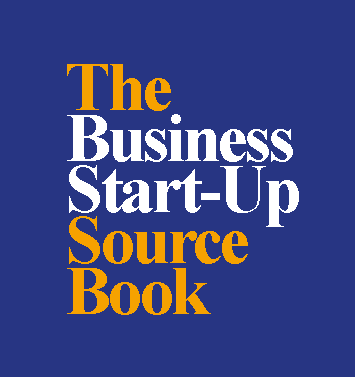There can be little doubt that the coronavirus has had a huge impact on businesses and individuals, causing significant disruption and uncertainty.
For many start-ups, a consequence of this has been that the careful planning, content, and execution of their business plans may have been rendered unsuitable – because of a pandemic that was unlikely to have been part of their initial strategic overview.
Nevertheless, it has happened, and working out a response which enables them to survive, and still thrive, is crucial.
Because of the current uncertainty, many businesses are understandably in survival mode and their previous expectations of the coming year have shifted. Moving forward, that need to react quickly and operate in a frictionless and contactless way is likely to remain, as is the understanding that in the post-pandemic world, planning for unanticipated and unpredictable scenarios may become integral.
Many start-ups will have adapted to changing consumer preferences and accelerated digitising their systems and processes. Similarly, what formed the basis for their previous strategic planning not be satisfactory as a basis for their strategic planning in the future.
If things have changed, traditional business models may also change. Moving forward, if businesses find themselves planning for various scenarios over which they have no control, they may also decide to plan no further ahead than 6 to 12 months as a matter of course.
However, more positively, it is important to remember that accelerated trends may also bring accelerated new opportunities.
A key core strategy for start-ups will be their willingness and ability to learn, relearn and adapt their plans and processes, quickly and effectively.
At the moment, the scale and speed of recovery is unknown, and many businesses are reeling – but the opportunity may be there to construct and reconstruct better, as well as trying to recover what has been lost.




